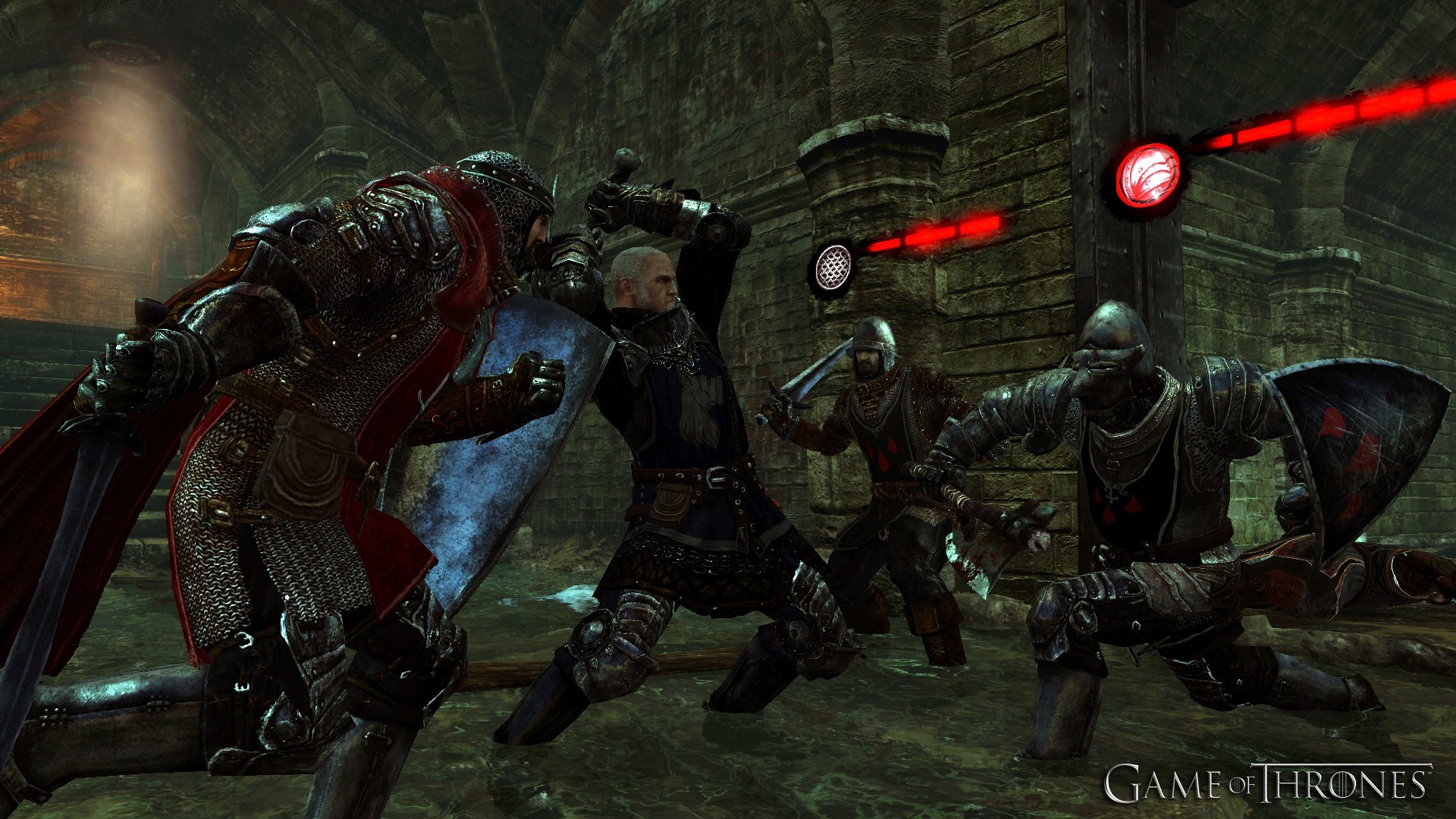Game Of Thrones Rpg Pdf Torrent

D20-based Open Gaming RPG. PDF Version 1.0 (August 2005) • Print Edition: ISBN 1-58846-942-5 • Production Number. Drum midi files metallica. What is a Game of Thrones RPG?
Contents • • • • • • • • • • • RPG History [ ] Roleplaying games began their journey as simple storytelling and play pretend, evolving later through reenactments and 'theatre games', then continued to grow in forms of organized war games (with the first 'official' GM ever being a professor in the Prussian Military officer's school using the game Kriegsspiel; he was there to make sure officers couldn't change the orders of their models when those were too far away to feasibly receive them, as well as to moderate the game in general). RPGs truly sprang into life in 1974 when and Dave Arneson produced the Dungeons & Dragons game.
At first D&D was just a way to play individual characters from the Chainmail fantasy wargame, but it spawned an entire hobby that grew into different directions and produced a vast number of different games. What are RPGs? [ ] Roleplaying could be best described as collective storytelling, and cowboys and Indians with rules, preventing the 'Pew pew!
Syndrome (although most adults are mature enough not to pull shit like that). In other words, players gather round a table (or campfire or whatever floats your boat) and engage in producing a story, by taking on the role of protagonists or within the game's world. One of the player takes the role of the who is not a protagonist but instead serves as the overall narrator, describing the world, events and (antagonists, monsters, redshirts.) and their actions. Roleplaying games take place in many different settings and use many different genres, with fantasy, science-fiction and horror being the prime examples. Some games provide only a system which can be used to play anything (, ), others are designed and produced in a manner that heavily favors just one specific genre or setting(,, ).
Vidya RPGs [ ] It's worth noting that there are many that call themselves RPGs, particularly the MMORPG genre that games like hail from, but most of the time, this is inaccurate. Typically, the only things that videogame RPGs have in common with pen-and-paper RPGs are classes, the ability to gain/level up different skills and quests. But due to the limitations of technology, it's not (yet) possible to truly roleplay in the tabletop sense; and so most players don't even try. A few games do at least offer some preset dialogue options, but this always leads to a preset conclusion. Either way, the story is going to be railroaded to one degree or another, and your actions will be heavily limited to whatever the programmers coded in. For example, you might be given a 'disguise' skill as an arbitrary pass/fail score, but the game might not allow you to gain a bonus from stealing a guard's uniform (or not even allow you to loot a uniform in the first place) when logic dictates you should, because the programmers never thought of it. In a pen-and-paper game a good GM can compensate for any oversights in the game-makers' scenario they didn't anticipate; but the scripts governing what happen in a video game are immutable while in play.
TL;DR vidya's a nice diversion, but don't allow for creative thinking as in RPGs. Rollplayan vs Roleplayan [ ] There has always been some controversy whether RPG means a game or a roleplaying game. Both categorizations are muddy, so what follows is a general overview of the two and should never be taken as final or completely accurate. The advocates of rollplayan insist that RPGs are, all in all, games and thusly throwing dice and numbers around is their central point of existence. Because nobody really finds moving numbers around and doing calculus fun in and of itself, the crunching usually serves a purpose.
Rollplayers are thus usually equated with hackan & slashan, and optimization. All of these views focus on the game's mechanic and creation of characters that use them to their best advantages or even. This tends to be very unpopular with a lot of people, simply because it operates under the assumption that the game must be somehow 'won', while the contrary is precisely what largely separates RPGs from most other tabletop games. Rollplayers tend to regard the as a source of challenges or even an enemy they must defeat by creating the most efficient characters possible. A less extreme view claims that rolling dice and crunching numbers to solve tactical problems can be fun, and shouldn't be confined to the scope of head-to-head wargames.
Roleplayers tend to put more emphasis on the narrative, and insist that the dice stay in the backstage, operating from behind the veil with minimal or no intrusion in the actual 'story' being played. This is why they are often called dramafags. A popular distinction puts rollplayers in the campus while roleplayers are supposed to be players, goths, wannabe 'deep' etc. Roleplayers are also often ridiculed for writing extensive backgrounds for their characters, which 'no one ever reads' and for falling too deep into the whole 'play pretend' aspect of RPGs.